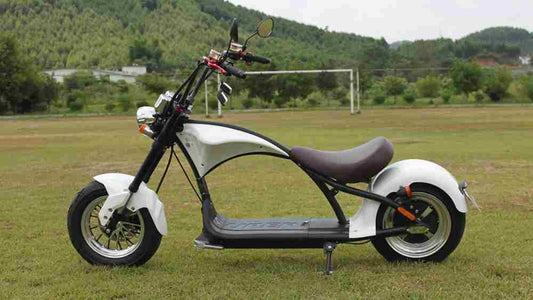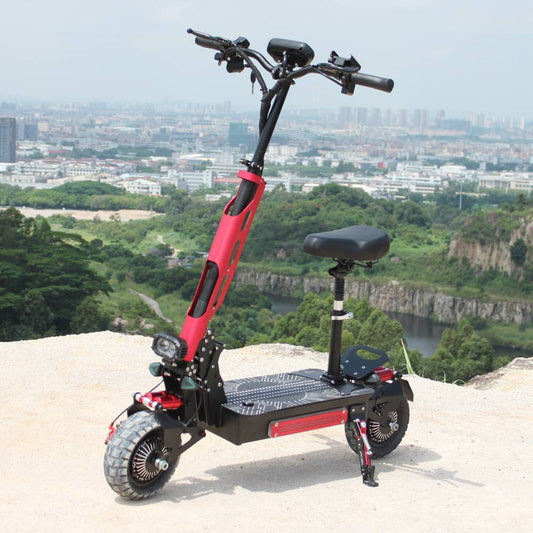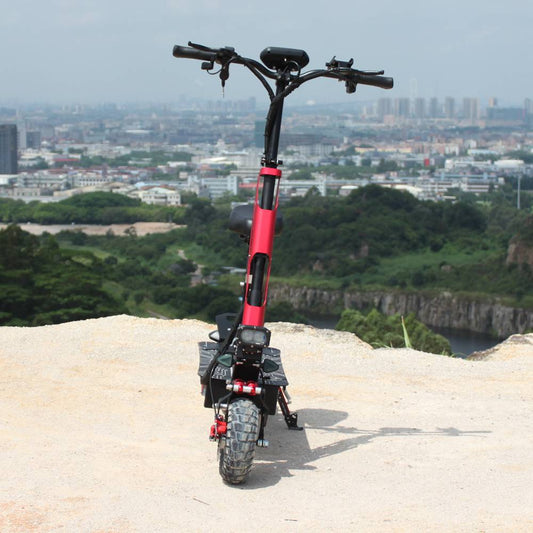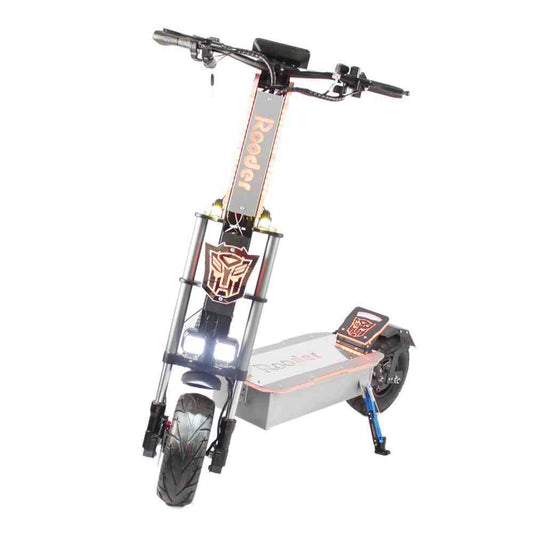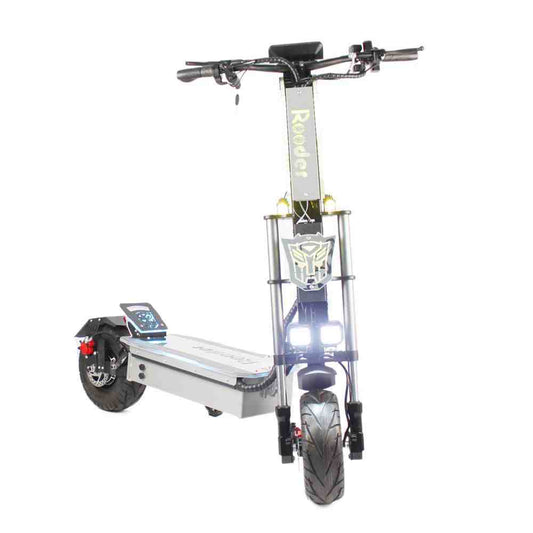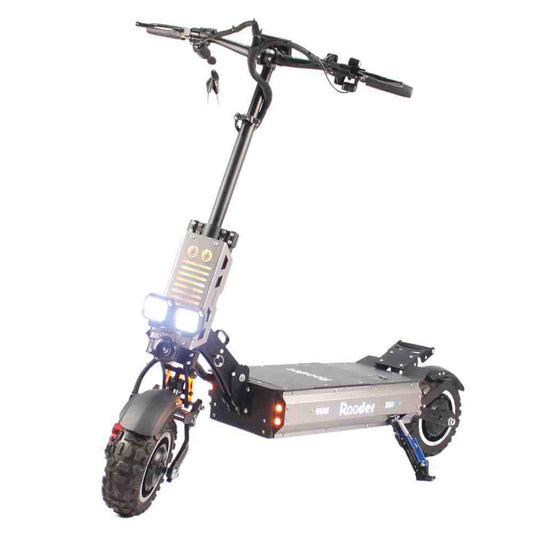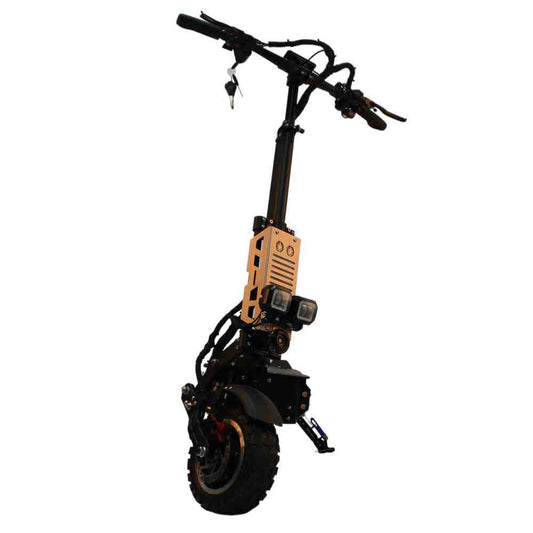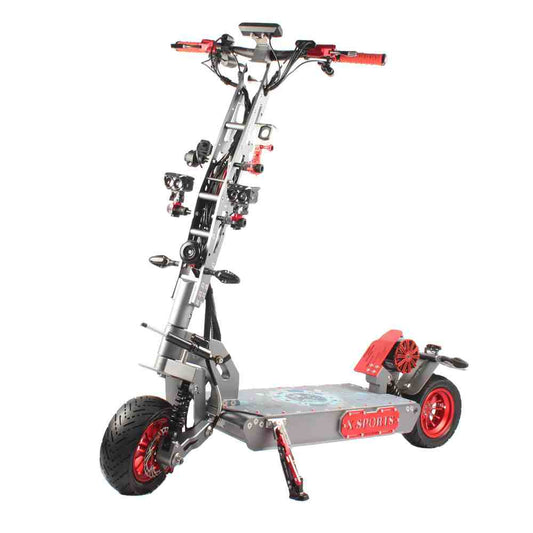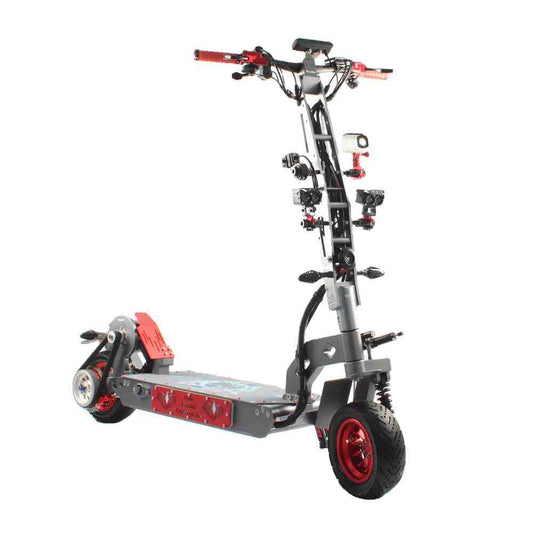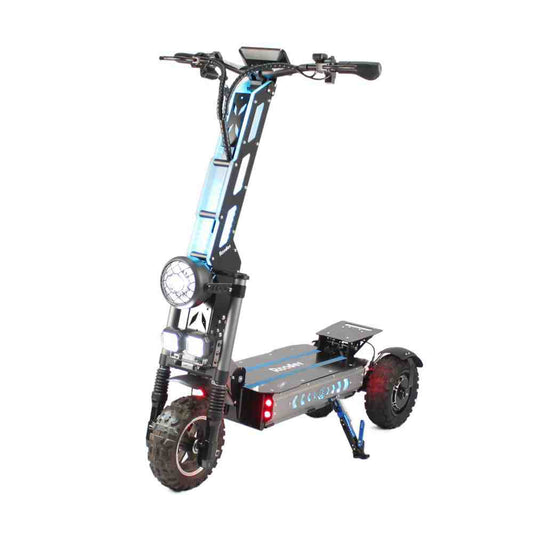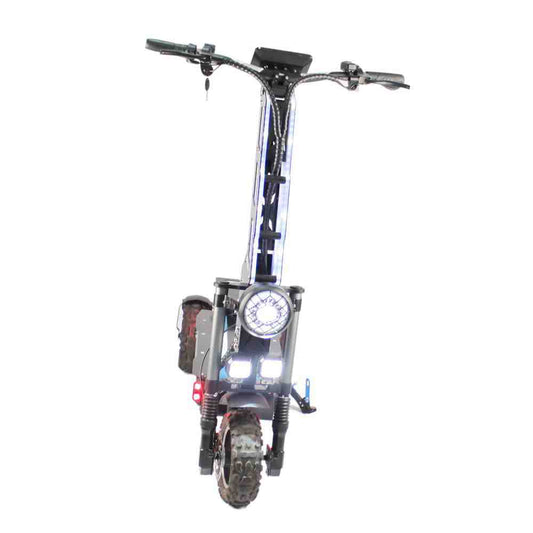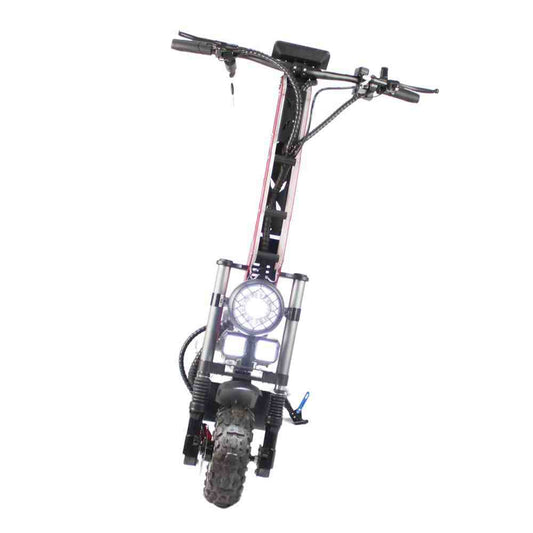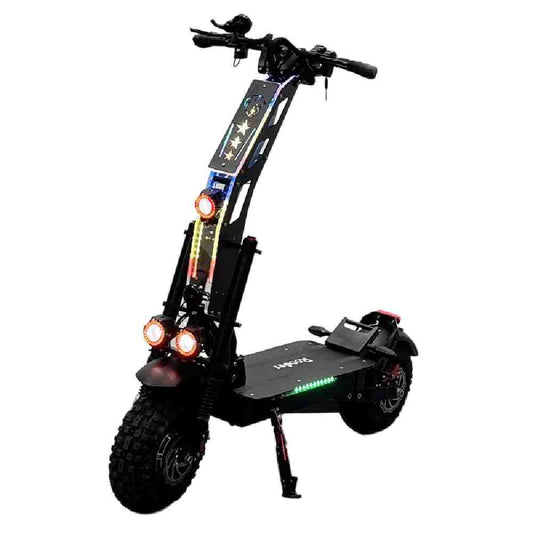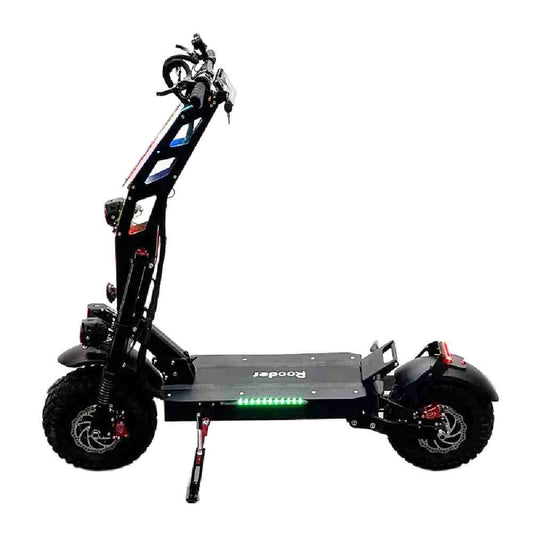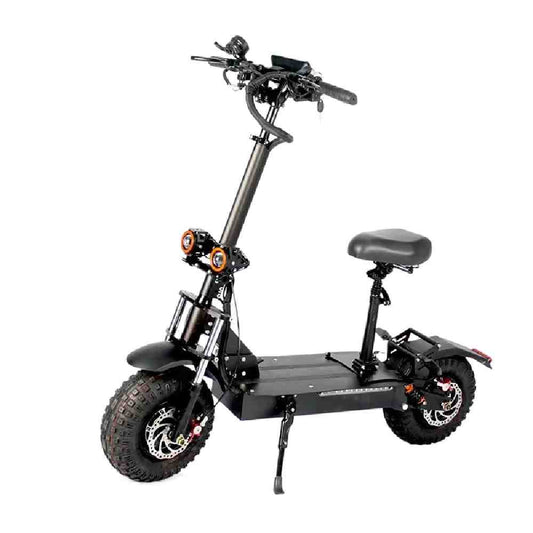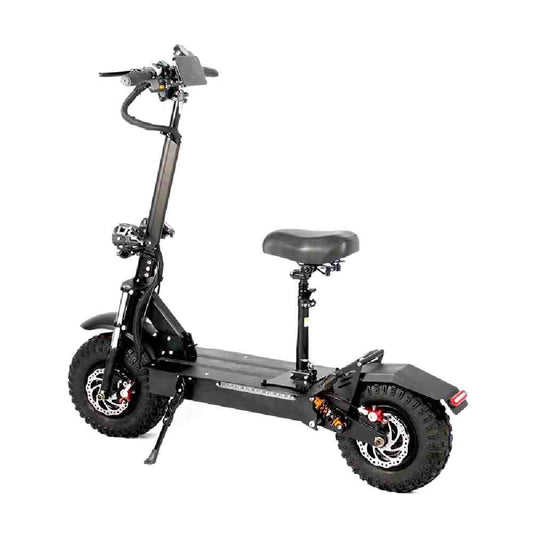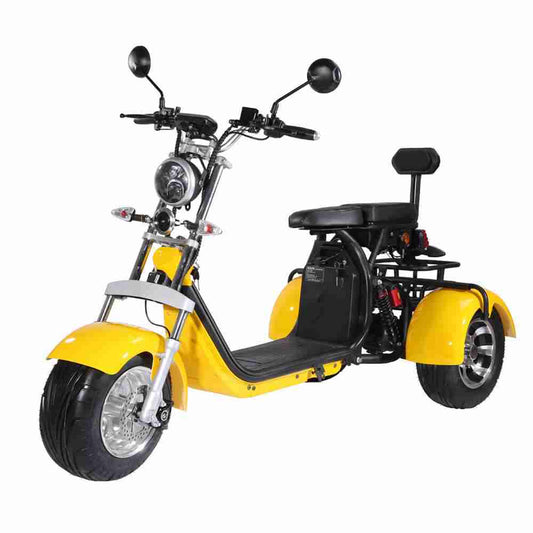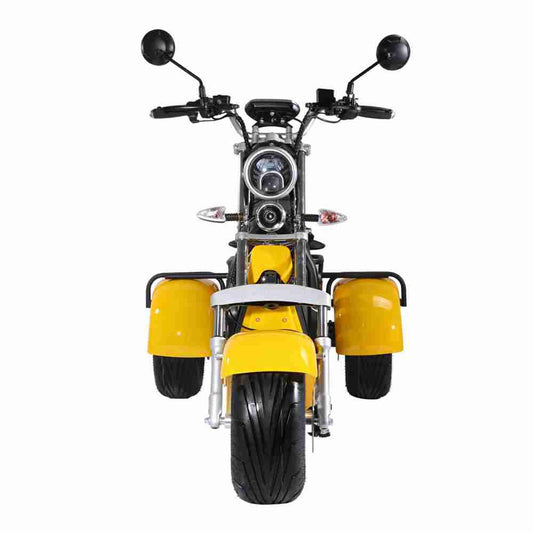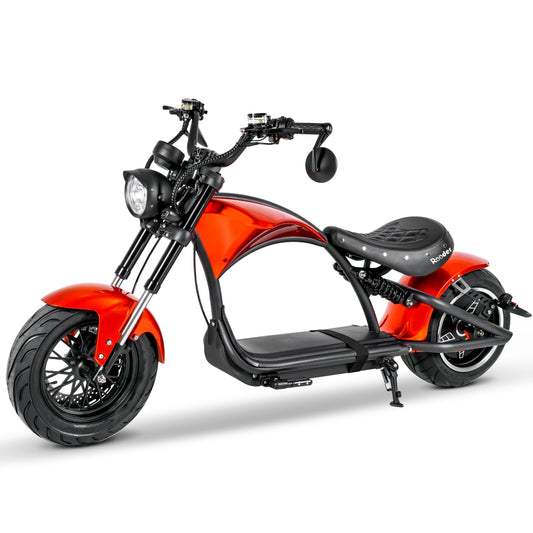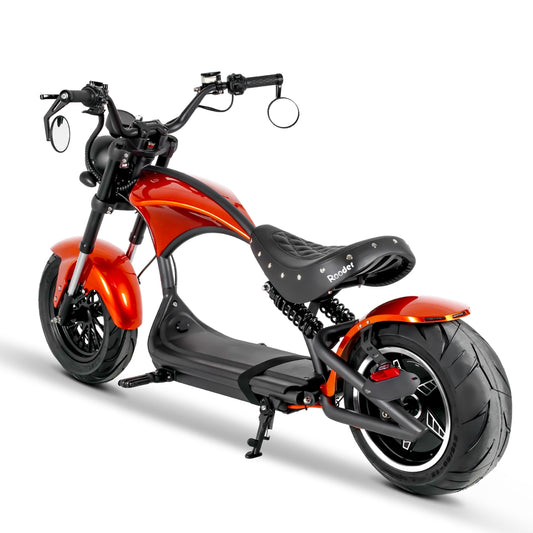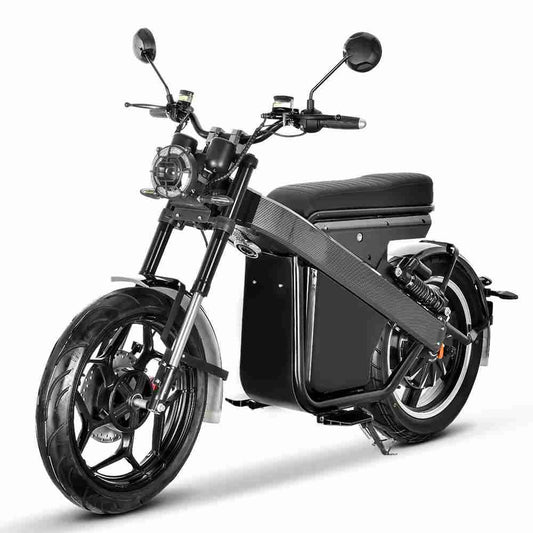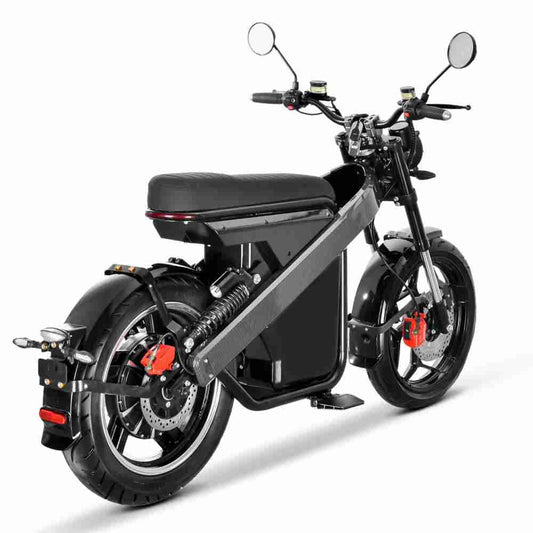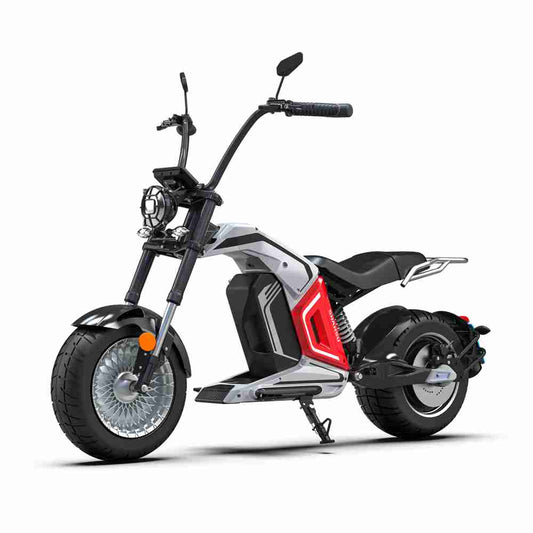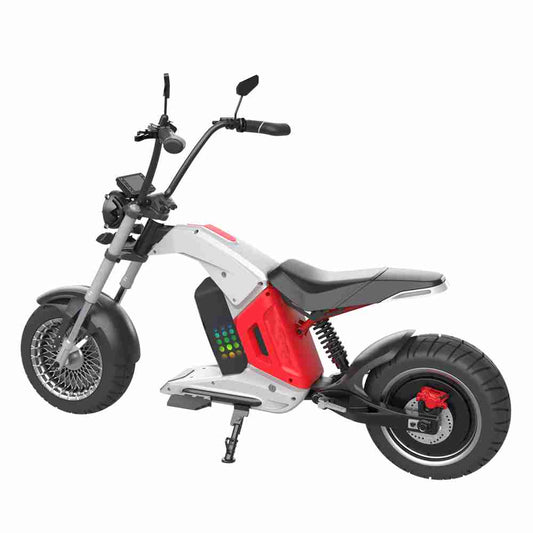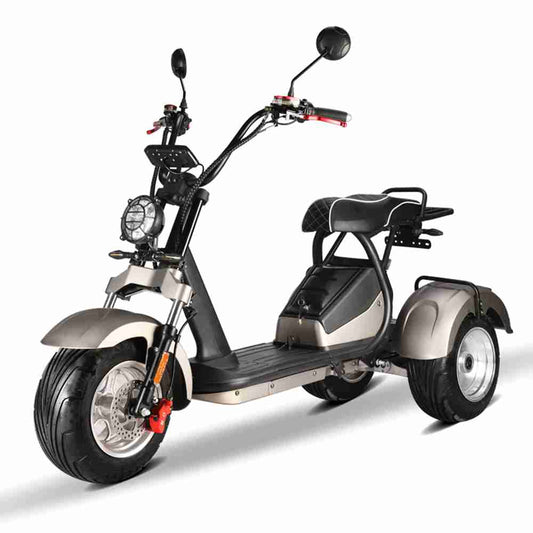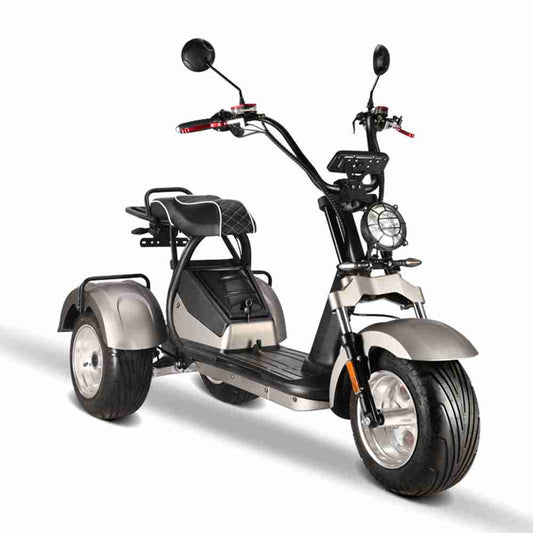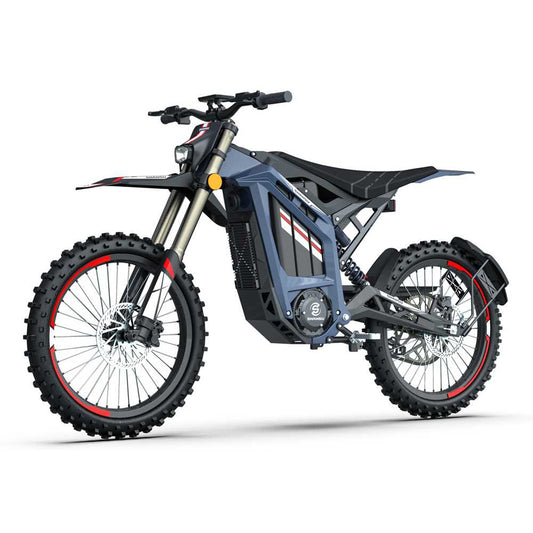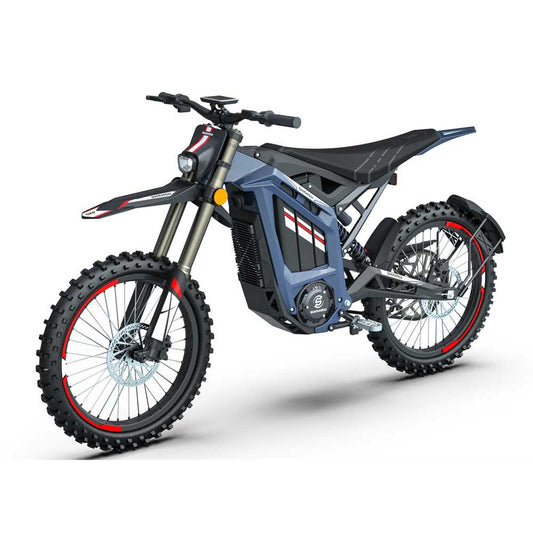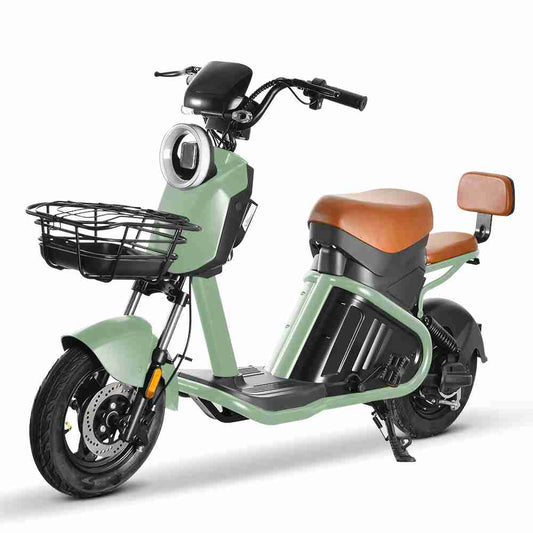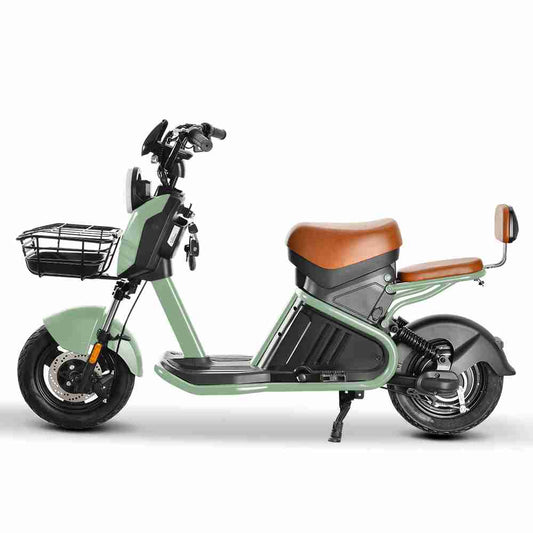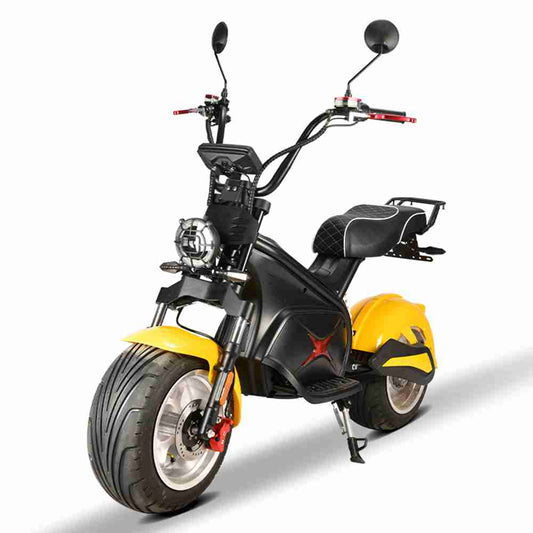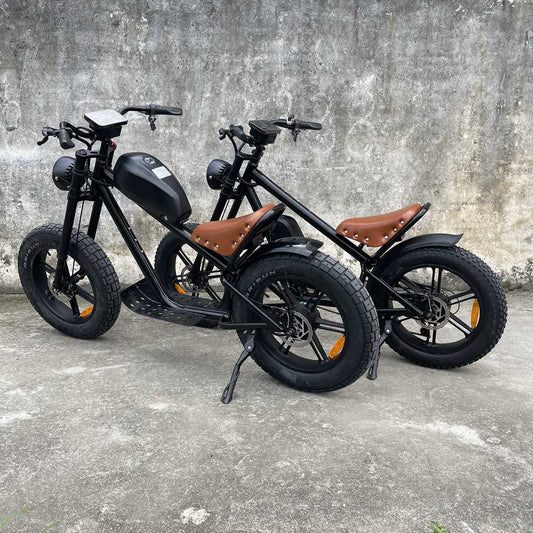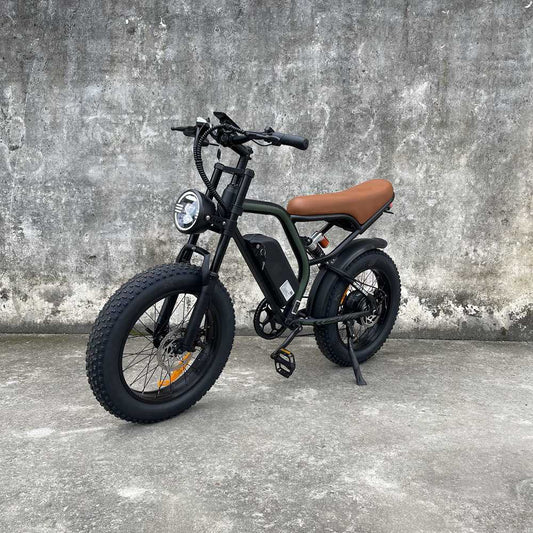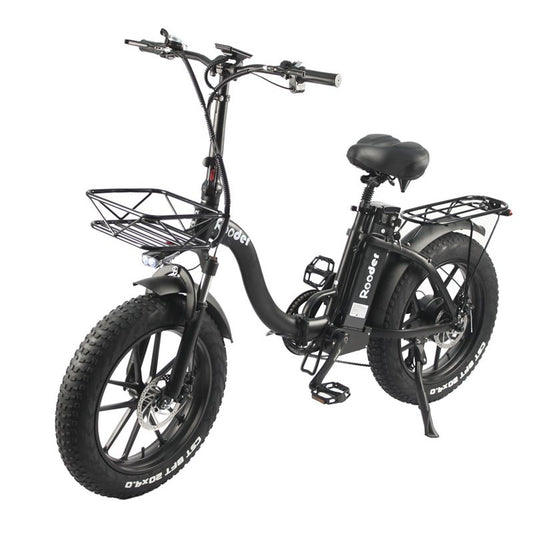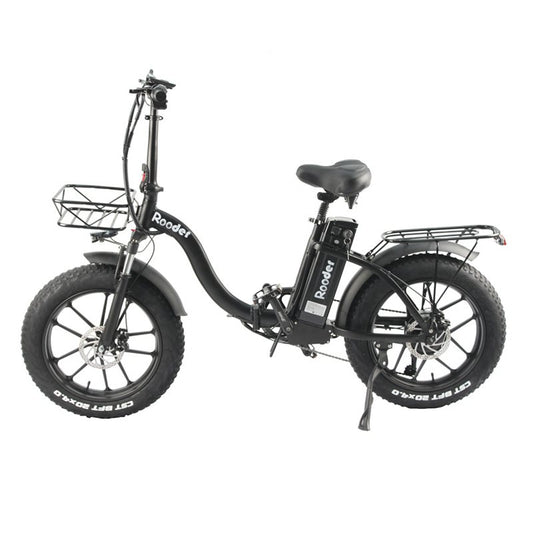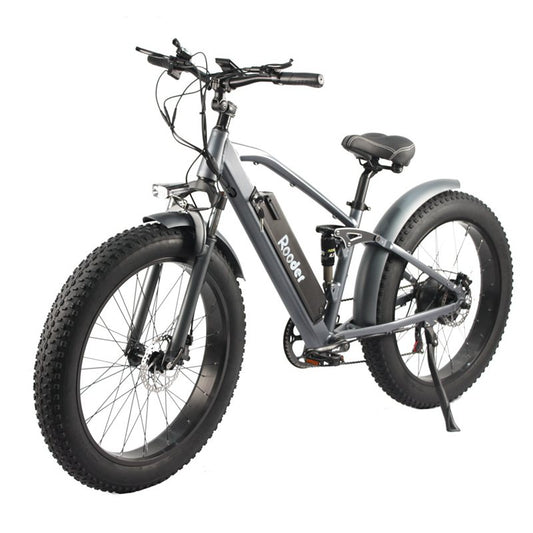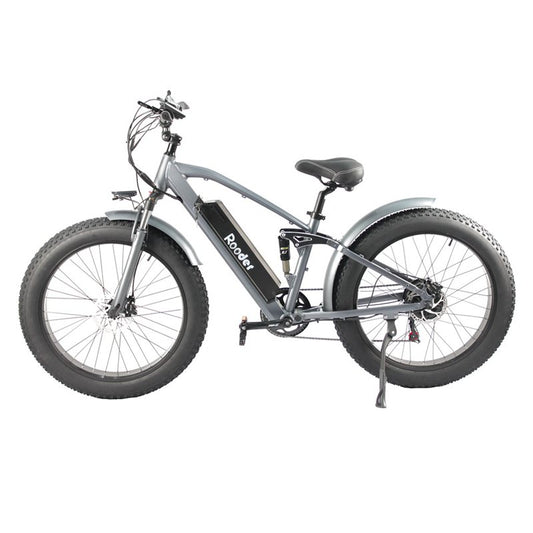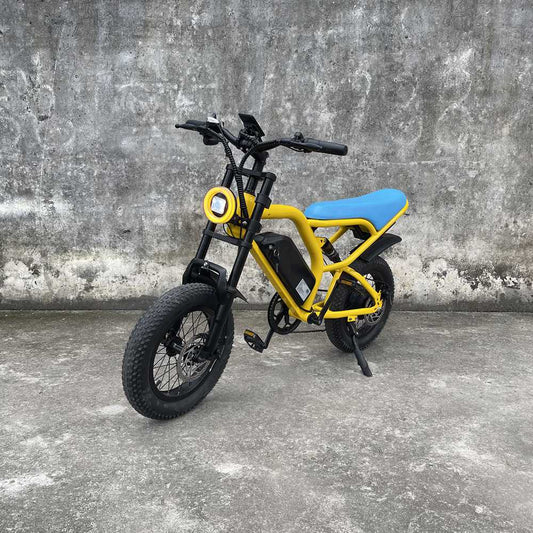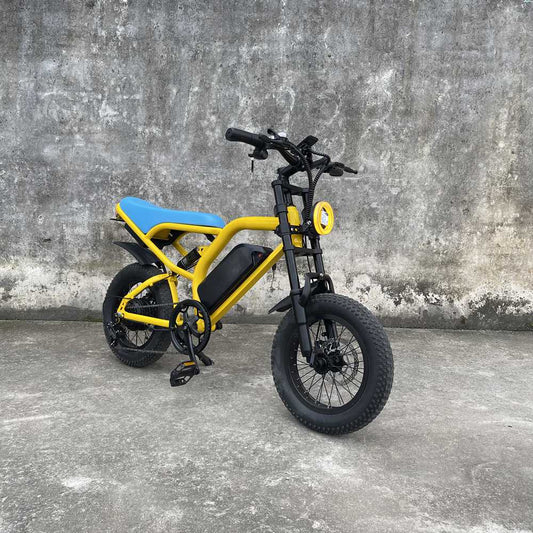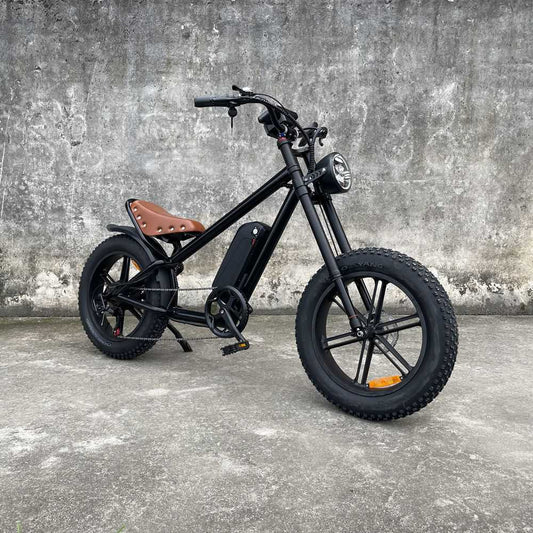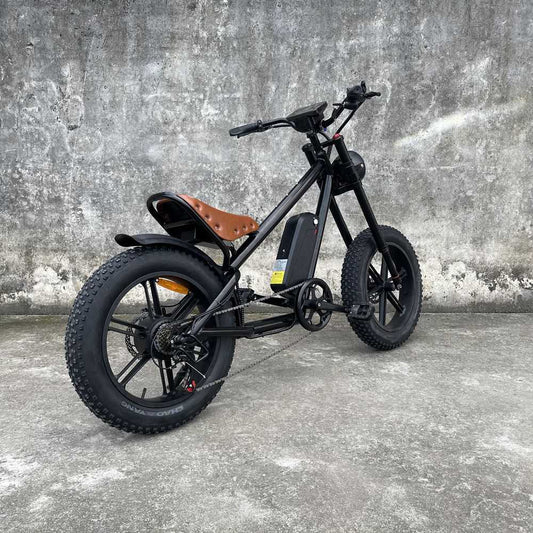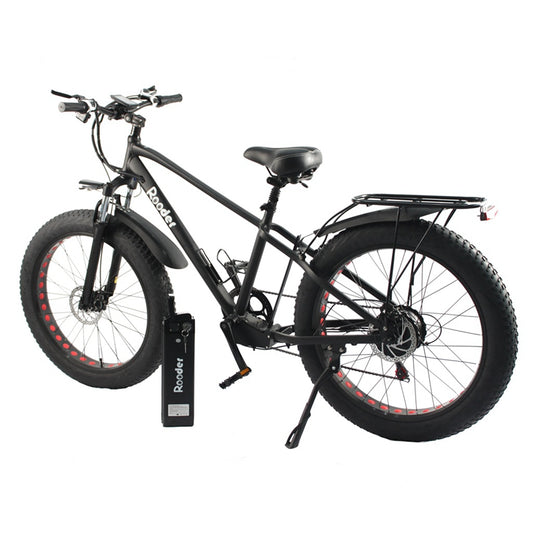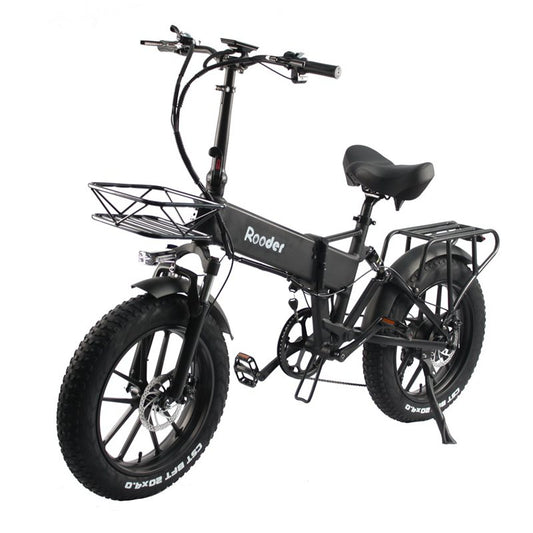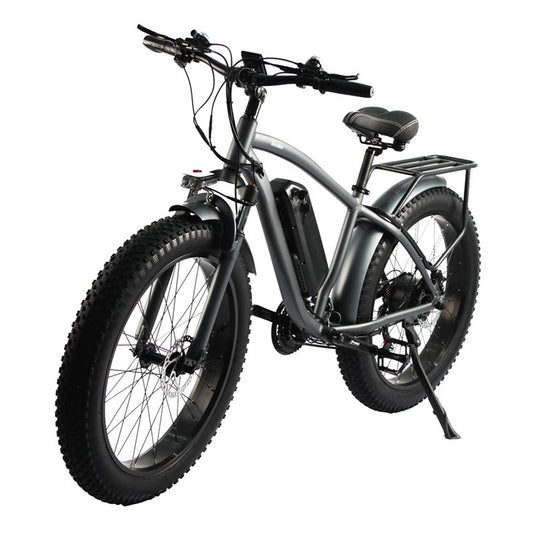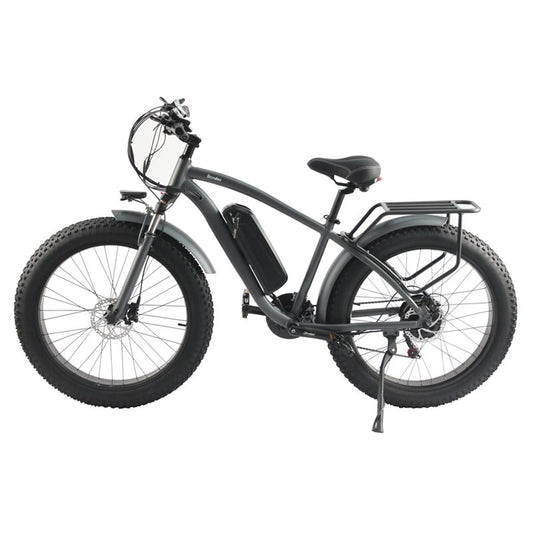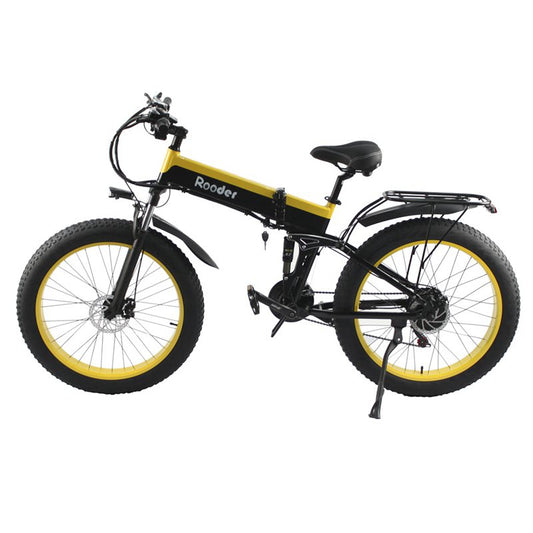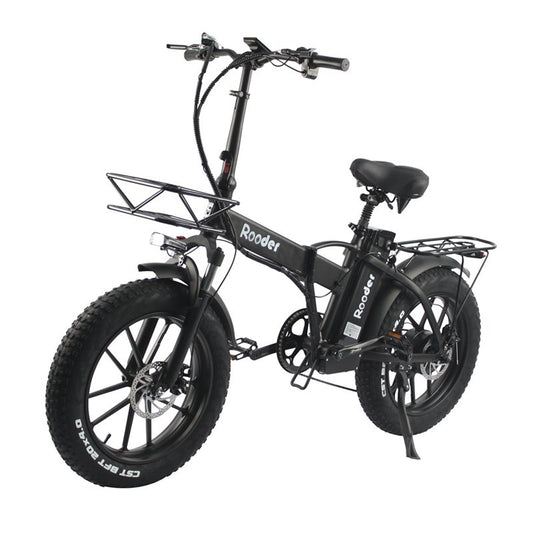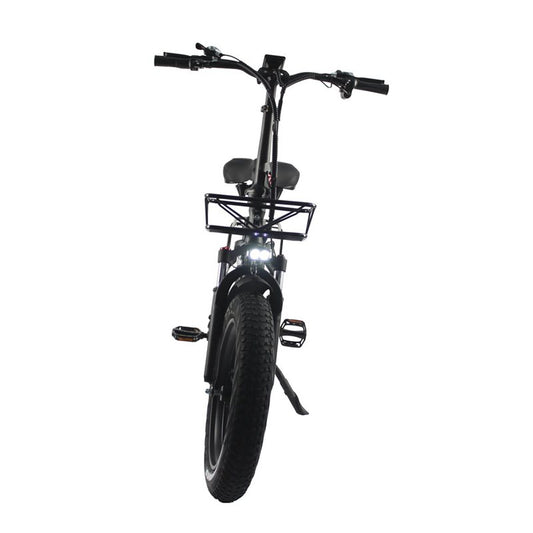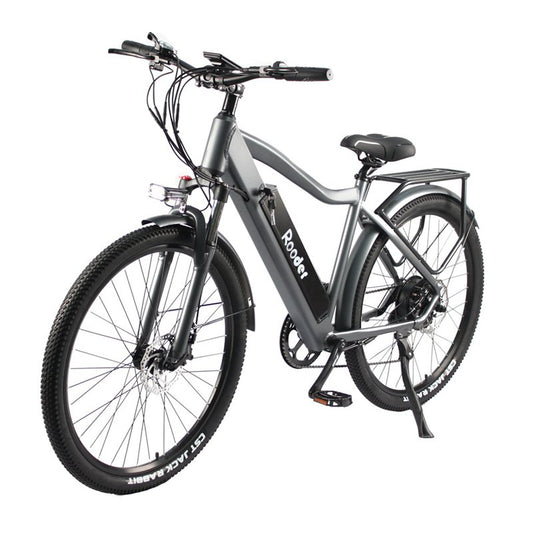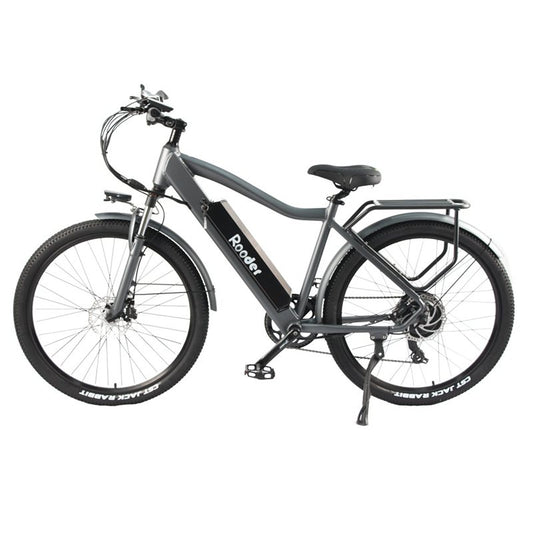- Introduction from Rooder Group, website: ronzlla.com
The landscape of urban transportation is evolving rapidly, and electric scooters have emerged as a compelling solution to address the challenges that modern cities face. In this article, we will delve into the promising future of urban transportation, with a specific focus on the potential of Electric Scooter Revolution.

- The Current Urban Transportation Landscape
To appreciate the prospects of electric scooters, it’s essential to understand the current urban transportation situation.
- Traffic Congestion
In cities worldwide, traffic congestion has become a pervasive issue. The increasing number of vehicles on the road has led to longer commute times, frustration among commuters, and economic losses due to lost productivity.
- Environmental Concerns
The environmental impact of traditional gasoline-powered vehicles is a pressing concern. Urban areas experience high levels of air pollution, increased carbon emissions, and the looming threat of fossil fuel depletion.
- Last-Mile Connectivity
The “last mile” problem remains a persistent challenge. It refers to the difficulty in reaching one’s final destination from a public transportation stop. Often, this inconvenience deters people from using public transportation for their daily commute.

- The Rise of Electric Scooters
electric scooters have surged in popularity as a convenient, eco-friendly mode of urban transportation.
- Accessibility
electric scooters are now readily available in many cities. They provide a convenient solution for short trips and effectively address the last-mile problem, making urban mobility more accessible.
- Environmentally Friendly
One of the primary advantages of electric scooters is their minimal environmental impact. Operating solely on electricity, they produce zero emissions, contributing to cleaner urban air and a healthier environment.
- Cost-Effectiveness
Compared to owning and maintaining a car, electric scooters offer a cost-effective option for daily commuting. They require less investment, not only in purchasing but also in ongoing maintenance and fuel costs.
- Prospects for the Future
The future of urban transportation holds exciting prospects for electric scooters.
- City Initiatives
Many forward-thinking cities are actively embracing electric scooters as part of their broader transportation strategies. They are incorporating scooter-sharing programs to enhance urban mobility and reduce the burden on traditional transit systems.
- Technological Advancements
Continuous innovations in battery technology and scooter design are making electric scooters safer, more efficient, and increasing their range. This opens the door to a wider adoption of electric scooters for both short and medium-distance trips.
- Reduced Congestion
As more people turn to electric scooters for their daily commuting needs, there is a significant potential to alleviate traffic congestion in urban areas. By offering an alternative mode of transportation, electric scooters can help reduce the number of cars on the road during peak hours, thus decreasing traffic jams.
- Challenges to Overcome
While the future for electric scooters is promising, there are challenges to be addressed.
- Safety Concerns
Ensuring the safety of both riders and pedestrians is paramount. The rapid proliferation of electric scooters has raised concerns about accidents and injuries. Companies, cities, and riders must collaborate to implement and follow safety guidelines and encourage the use of helmets.
- Regulation
Balancing the convenience of electric scooters with necessary regulations and infrastructure improvements is a complex task. Cities need to develop and enforce rules regarding the use of scooters, parking, and speed limits to maintain safety and order in urban areas.
- Competition
The electric scooter market is becoming increasingly competitive. With multiple companies vying for dominance, it’s essential for the industry to maintain high-quality service, innovation, and affordability to stay competitive and meet the diverse needs of urban commuters.
- Conclusion
In conclusion, electric scooters are poised to play a pivotal role in the future of urban transportation. Their accessibility, eco-friendliness, and cost-effectiveness make them a compelling choice for the modern urbanite. However, addressing safety concerns, establishing effective regulations, and managing competition are vital steps in unlocking the full potential of electric scooters.

- FAQs
Are electric scooters environmentally friendly?
Yes, electric scooters are environmentally friendly as they produce zero emissions and run on electricity, making them an eco-conscious transportation option.
How can electric scooters reduce traffic congestion?
electric scooters can help reduce traffic congestion by providing an alternative mode of transportation, which can decrease the number of cars on the road during peak hours.
What safety measures are in place for electric scooters?
Most electric scooter companies provide safety guidelines for riders and strongly recommend the use of helmets and adherence to traffic rules to enhance rider safety.
Are electric scooters cost-effective for daily commuting?
Electric scooters are a cost-effective option for daily commuting, particularly for short-distance trips. They require less financial investment than owning a car.
Which cities have embraced electric scooters as a means of transportation?
Many cities worldwide, including Los Angeles, Paris, and Singapore, have embraced electric scooters and introduced scooter-sharing programs to enhance urban transportation options.




